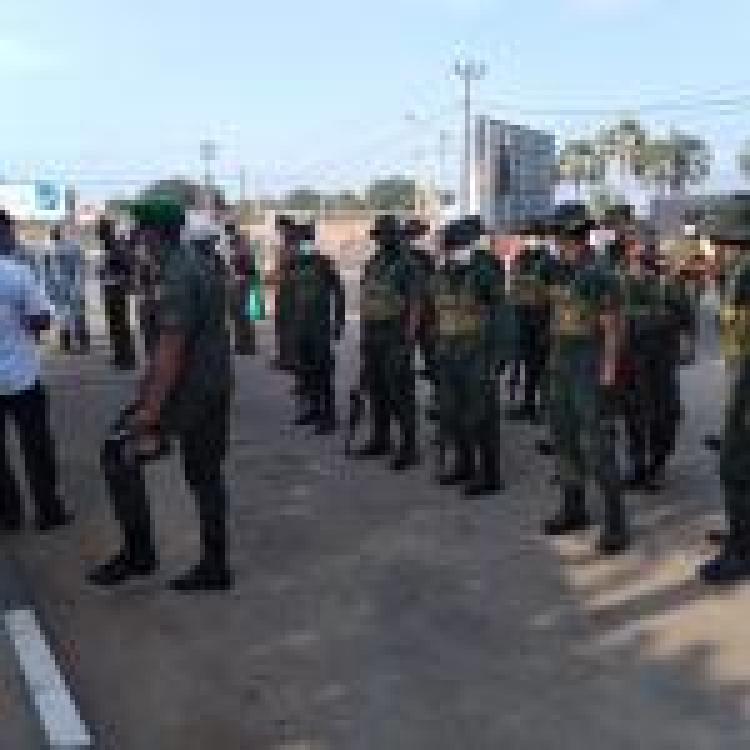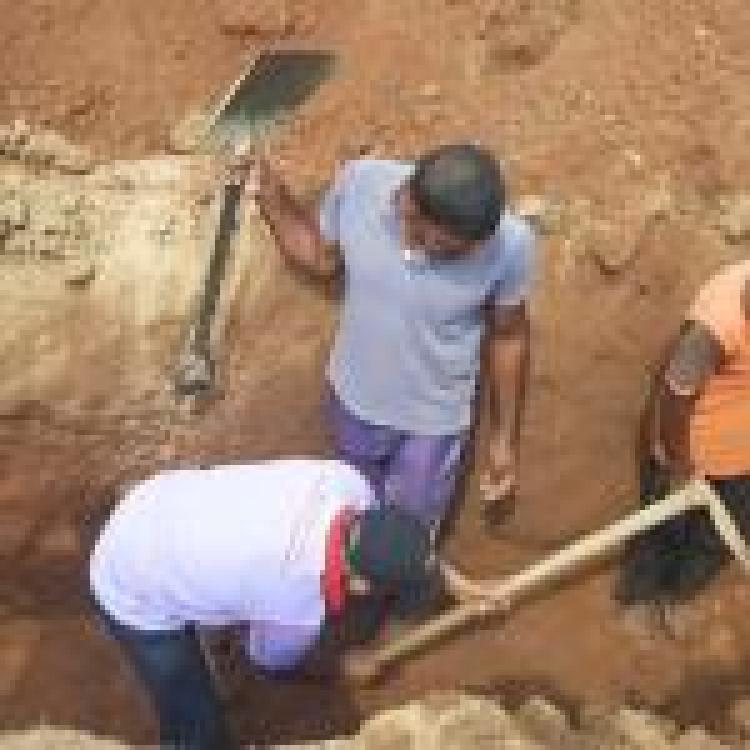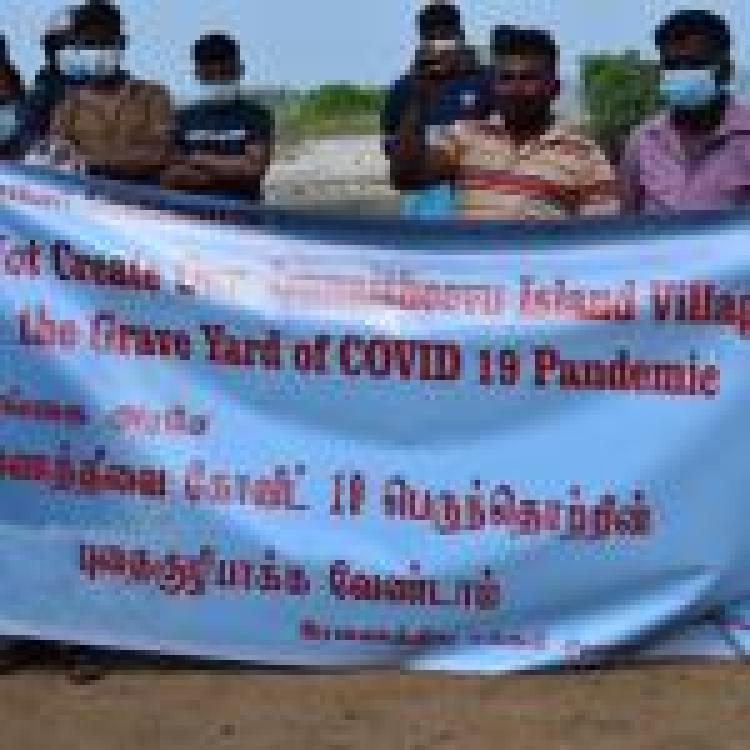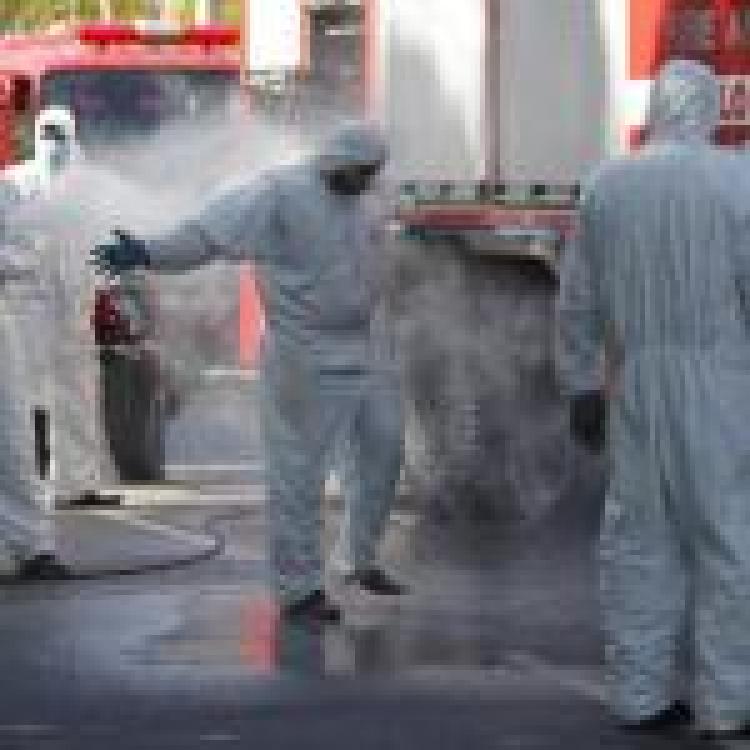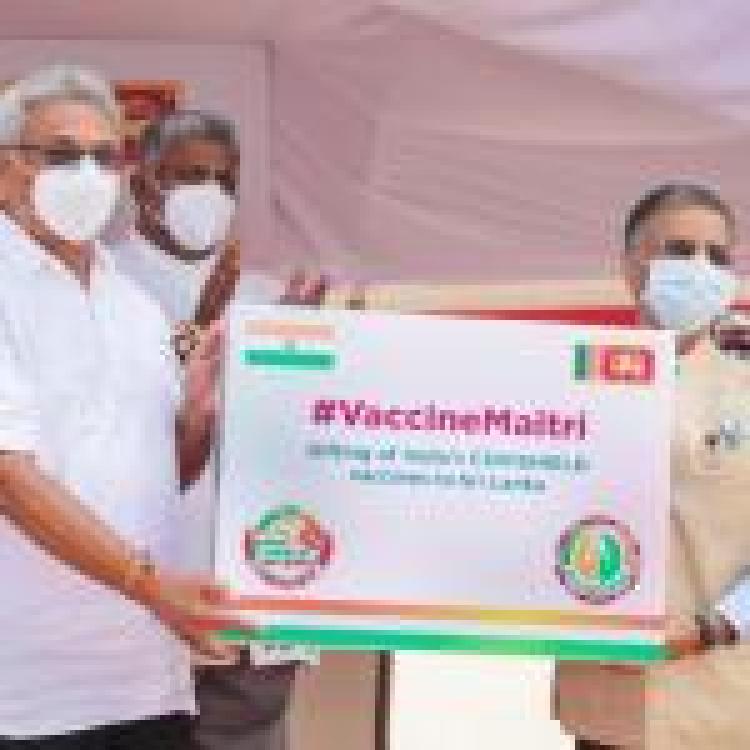![]()
Sri Lanka’s Wildlife Conservation Department has announced that all tourist attractions that it operates, including parks, campsites, and tourist bungalows, will be closed as Sri Lanka continues to struggle with its rapidly rising COVID infection rate.
The Colombo Gazette has reported that Sri Lanka has a higher rate of covid-19 infections compared to India on the basis of the country population. Sri Lanka reports an average of 1,900 positive cases per day in Sri Lanka since Tamil New year whilst across the whole of India, there was a reported 200,000 to 300,000 cases per day.
According to reporting last month by the World Bank, Sri Lanka’s economy was devastated by the impact of the coronavirus; with the country experiencing its worst growth rate on record, contracting 3.6 percent throughout 2020. Sri Lanka’s economic recovery, the World Bank noted, hinged upon foreign direct investment and normalising tourism.
Read more here: 'Deeper into poverty' - Sri Lanka's economic devastation detailed in World Bank report
Tamils have been badly hit by the pandemic as well as the continued military occupation. Tamil National Alliance parliamentarian M A Sumanthiran warned last year that military enforced curfews had left people in the North-East “near-starvation”.
In May, the Oakland Institute reported that in Mullaitivu alone the military has “acquired more than 16,910 acres of public and private land”. The land occupied by the military has been used to promote tourism, as the armed forces continues to operate hotels and resorts, as well as to cultivate agriculture which is sold below-market rates, stifling livelihood opportunities for already impoverished Tamils in the North-East.


